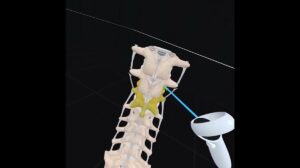NEW YORK (Reuters Health) – Vitamin D deficiency is associated with myocardial dysfunction, sudden cardiac death (SCD), and death due to heart failure, German researchers report.
Vitamin D, they note, is known to affect cardiac contractility as well as calcium hemostasis in the myocardium. As such, it might be expected that a deficiency of the vitamin would be tied to heart failure and sudden cardiac death.
To investigate, Dr. Stefan Pilz, from the University of Heidelberg, and colleagues assessed 25-hydroxyvitamin D levels in 3299 Caucasian patients who were referred for coronary angiography from 1997 to 2000. The subjects were then followed for 7.7 years to assess mortality from heart failure and SCD.
The authors report their findings in the Journal of Clinical Endocrinology and Metabolism for October.
As vitamin D levels fell, N-terminal pro-B-type natriuretic peptide levels climbed, as did the New York Heart Association class.
During follow-up, 116 patients died from heart failure and 188 from SCD, the report indicates. On multivariate analysis, severe vitamin D deficiency (< 25 nmol/L) compared with optimal levels (at least 75 nmol/L) was associated with hazard ratios for death from heart failure and SCD of 2.84 and 5.05, respectively.
The authors found that the results were similar whether they measured 25-hydroxyvitamen D or 1,25-dihydroxyvitamin D.
“These data strongly indicate that the maintenance of an optimal vitamin D status may be a promising approach for the prevention and/or therapy or myocardial diseases, warranting confirmation in interventional trials with vitamin D supplementation,” the researchers conclude.
Reference:
J Clin Endocrinol Metab 2008;93:3927-3935.




